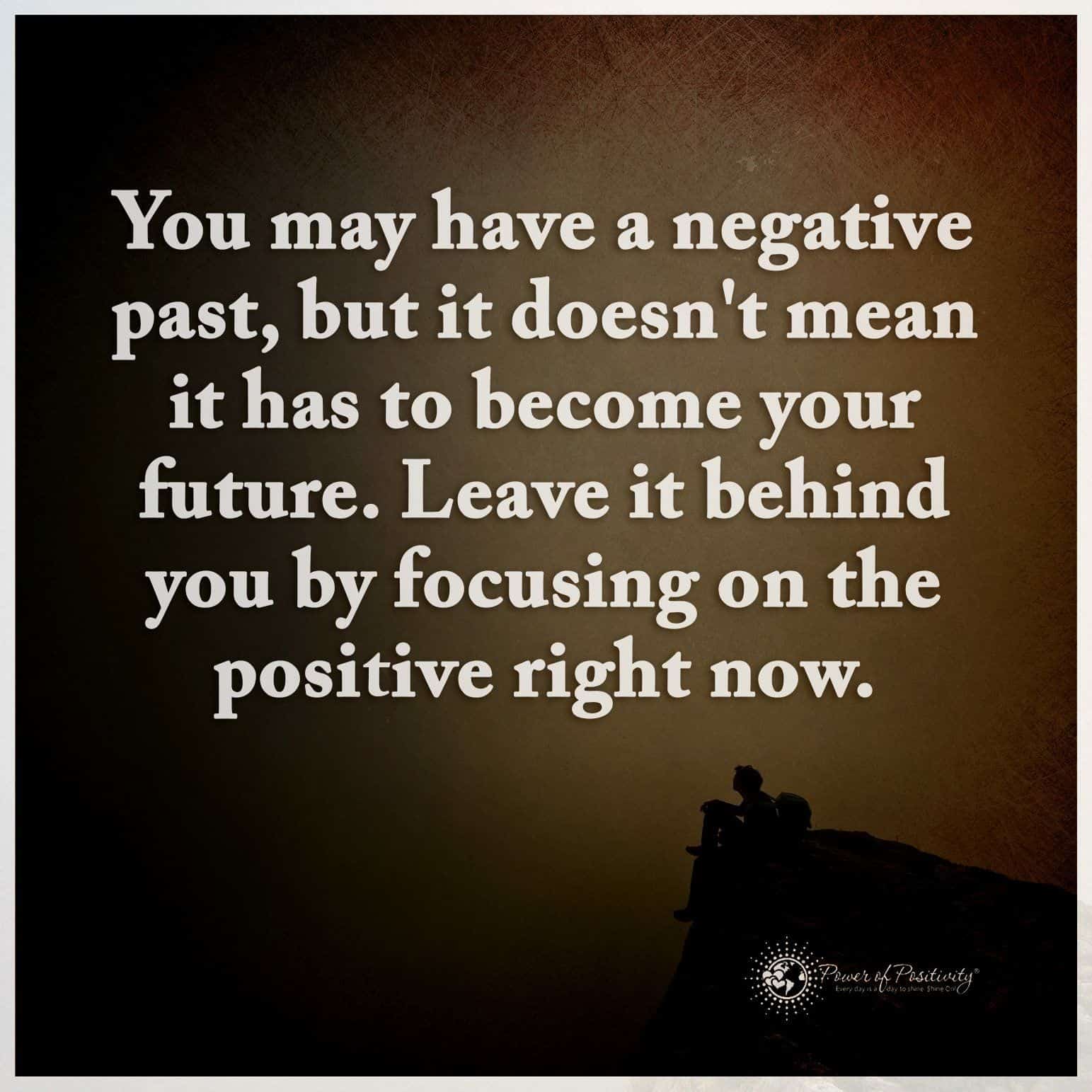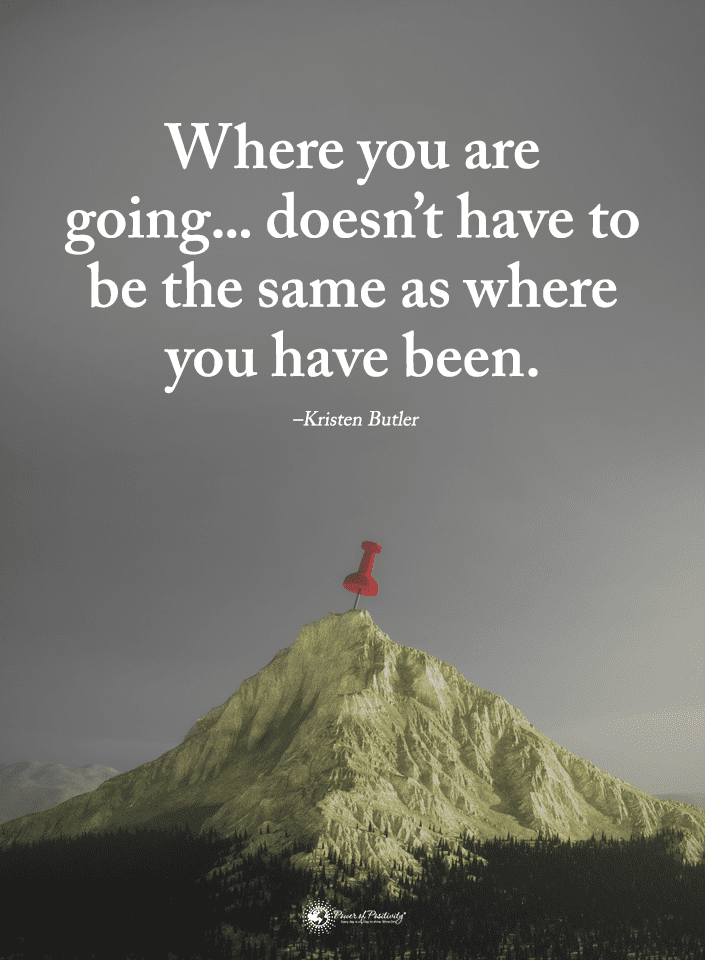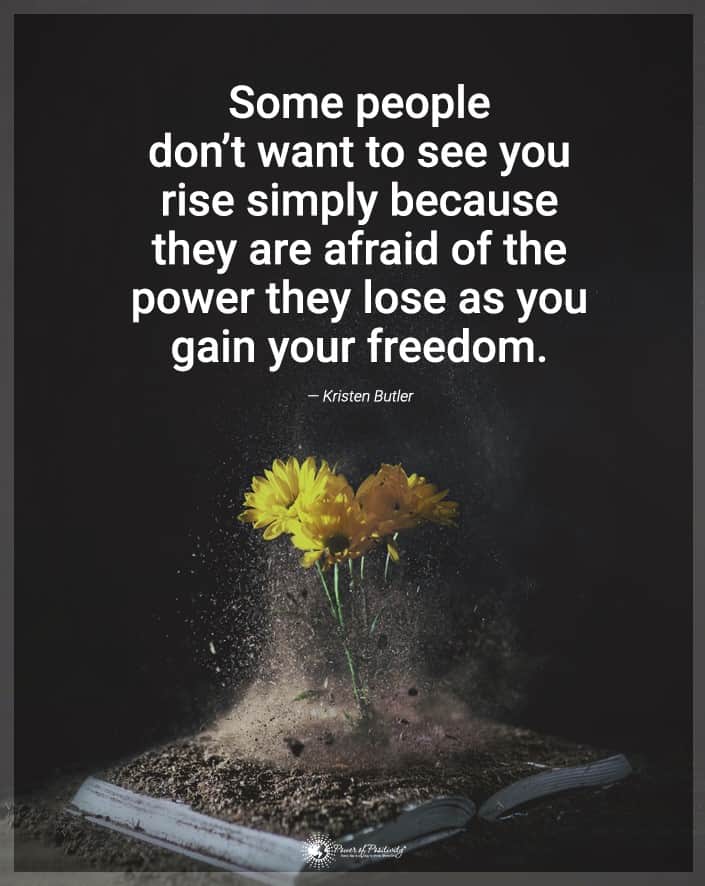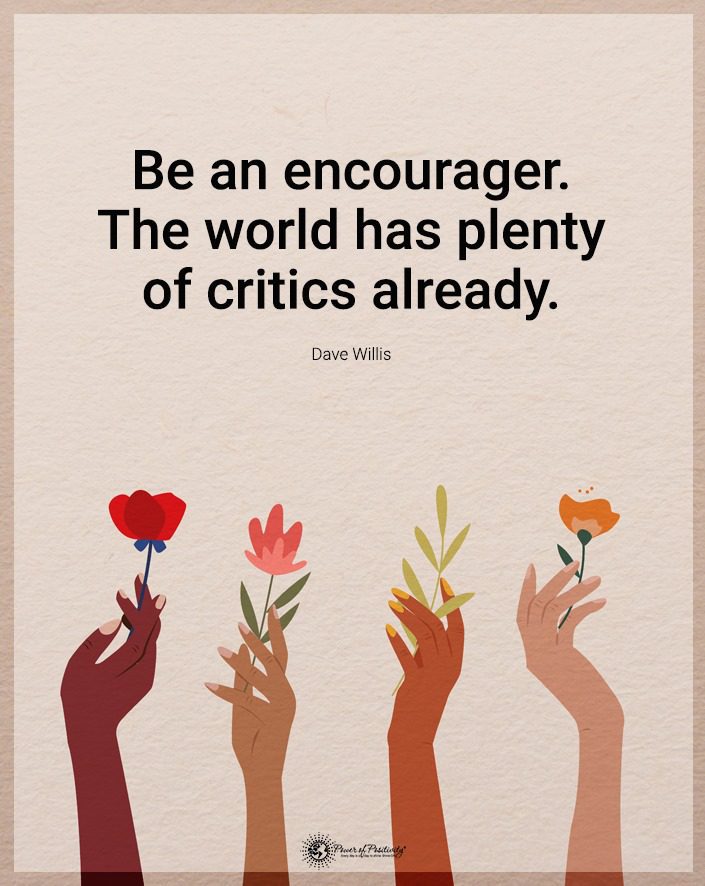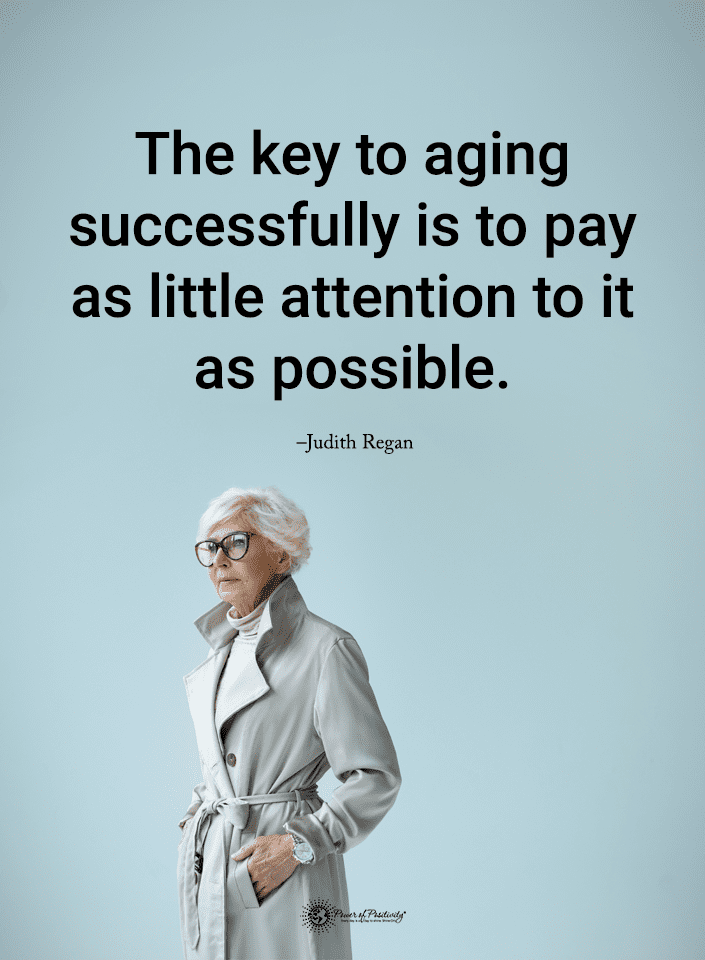An interviewer will almost always ask about your personal strengths if you go on a job interview. Some companies even give you psychological tests to see how you react to situations before they offer you a job. It’s challenging for most folks–even strong people–to think about all the good things about themselves, as it’s easier to focus on the negative.
It’s okay to pat yourself on the back occasionally, and there’s no better time to showcase your attributes than when seeking employment. Outside of the job world, if someone asked you what strong people have that their more passive peers don’t, you would likely come up with an extensive list.
It’s easy to think about the strengths in others, but when it comes down to you and your abilities, it’s often challenging to put them into words. You have many personal strengths you don’t give yourself credit for, but it’s okay to showcase your assets.
25 Personal Strengths That Most People Don’t Give Themselves Credit For
It’s time to give yourself some credit for the hard work you’ve done in becoming a great person, and you can also make some changes where necessary. Below is a list of twenty-five things that psychologists label as personal strengths. You may not realize these things about yourself until you read the description.
Why not keep score and see how many traits you share with strong people?

1 – Authenticity
Someone authentic is genuine and honest. You like to say things as they are, and you would never tell someone something they don’t want to hear. You’re trustworthy and credible; people trust you because you won’t lie to them.
The authentic person is not dishonest in any aspect of their life. Though you might be slightly blunt sometimes, you would rather be true to yourself than get caught being a fake. Most people like being around authentic people because they don’t sugarcoat the truth.
2 – Social Intelligence
In 1920, Edward Thorndike was the first psychologist to pen the term social intelligence. Today, it’s becoming quite a topic in the mental health field. Someone with personal strengths, including this intelligence, articulates well as good verbal skills.
They know what to say and what to avoid when in a crowd. Another term for this would be street smarts, as you know how to work with the public and keep the peace. When you’re in a room, you can easily read body language and social cues, and you’re aware of the feelings of others.
3 – Creativity
Where would the world be without some of the creative geniuses? People automatically think of artistic abilities when they hear this word, but it goes far beyond painting or other art forms. Someone creative thinks outside the box, and they use imagination and inventiveness to dream things others wouldn’t imagine.
People like Albert Einstein, Thomas Edison, and Isaac Newton are individuals who fit into this mold. Their innovation and resourcefulness allowed them to bring the creations in their mind to fruition. They made life better for those around them by using their creativity to bring change.
4 – Love
There’s much confusion on whether love is an emotion or a choice. If you can love deeply and nurture that love, you should account for that as one of your personal strengths. Ask anyone who has been married for many years, and they will tell you that love is both emotion and choice.
They could have often walked away, but they made a conscious effort and stayed even when things were terrible. It takes strong people to decide to love each other through the good and the bad.
5 – Forgiveness
Many people don’t practice forgiveness because they’re stubborn or don’t know how to do it. When you forgive someone, you’re cleansing your heart of negativity and letting it go. Forgiveness is as much about you as it is about the other person, as it avoids allowing a root of bitterness to creep into your life.
It’s not always easy to forgive others when they’ve done you so wrong, but strong people know that the roles might reverse one day. Karma brings things back around, so it’s best to be eager to settle things. Remember, just because you forgive doesn’t mean you have to remain close. It just means you’re releasing it from your soul.
6 – Curiosity
Strong people know how to channel their curiosity into something positive. Sure, you’ve heard the seeing that curiosity killed the cat, but it’s an innate ability born within some people that compels them to do and see more. Curiosity is one of the personal strengths that help you with survival, and it’s what keeps you vigilant and allows you to gain knowledge.
7 – Humor
A little fun can make the world seem like a brighter place. Strong people know you can’t cry over everything, but you can laugh and ease some of your tension. Did you know that most comedians have a dark past and have been through great heartaches?
Robin Williams was one of the greatest comedians of all time, yet he hid behind the pain of loneliness. Williams was socially awkward and often made voices up in his mind to help cope with being alone. He suffered from mental illness and needed an outlet. Even amongst the pain, he learned that laughter was the best medicine.

8 – Imaginative
To be more imaginative, you don’t need crayons and glue to make it happen. While this is one way, there are many other ways to let your imagination blossom. Active imagination allows you to enhance your problem-solving skills, improve social interactions, investigate promising outcomes, and even develop more self-confidence.
9 – Spirituality
How can being spiritual be one of the personal strengths in your life? Someone who has a deep spiritual foundation understands the Universe. These folks see more than what’s right in front of them, as their mind sees beyond the physical realm.
Spirituality shows strength, and these folks are typically the ones who will go out of their way to help others in need. If you’re spiritual, you understand why showing kindness is essential. Filling your karmic bank is always advisable.
10 – Bravery
If you’re brave, it doesn’t mean you don’t have worries and fears that come at you each day. However, it means you dare to stand up to each of them and face them head-on. You don’t run from adversity and won’t let others bully you. Strong people stand ready to defend themselves and others.
11 – Kindness
Being friendly, generous, and considerate to others is one of the personal strengths that you should desire. When you’re warm, people respond well to you, as they know you’re in their corner. You consider the feelings of others, you’re generous to a fault, and you look out for your brother or sister.
12 – Love of Learning
Some folks say they would love it if they could go to school daily as their job. However, a love of learning can go far beyond your school days. When you are eager to learn new things, you will read books, search the internet, and talk to people who also desire to learn something and gain knowledge.
13 – Hope
Without hope, it would be impossible to make it through life. One of the hallmarks of depression is that a person feels hopeless or helpless. When you have hope, you know that while things don’t look great now, upwards is the only way from your rock bottom position.
14 – Fairness
Strong people know that fairness is a valuable strength because it’s so essential in many aspects of life. To be a good parent, you must be fair with punishment and guidance. It’s also important as a boss to ensure no favoritism. Fairness means looking at situations and people objectively and being reasonable and unbiased.
15 – Self-Regulation
One of your strengths may be self-regulation. You can monitor your emotions and behaviors to keep yourself in line. A person who can self-regulate gets mad, but they don’t let their anger go over the top. It’s the difference between someone who can control their emotions and someone who cannot.
For instance, assume you had an altercation with a coworker. A fellow employee was hurling insults at you over a project. Things escalated, and you knew you had to use deep breathing and get yourself under control before you said or did something you didn’t mean.
However, the other person couldn’t self-regulate, and they punched the wall in the office. It’s easy to see how people with anger issues often miss this vital aspect of self-control.
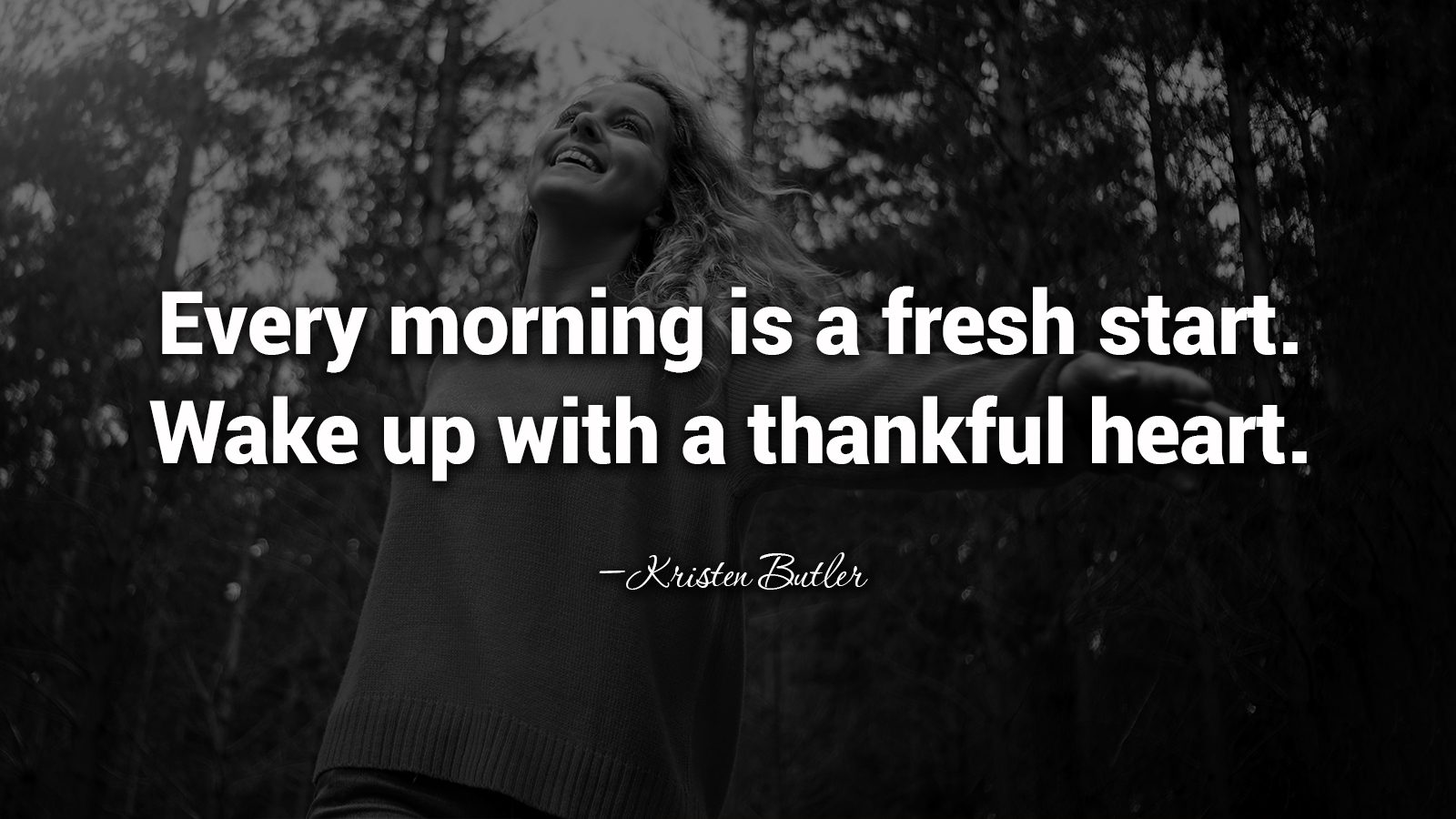
16 – Modesty or Humility
No one likes to be around someone arrogant and full of themselves. Having humility means that even though you may be great at many things, you never brag or make others feel inferior by your abilities. Strong people know they don’t need to pronounce their gifts to the world and feel confident enough to focus on the other person, not themselves.
17 – Persistence
Persistence is most certainly a gift that falls into the personal strengths category. Without persistence, you might not get anything done. Today the Walt Disney Company has a worth of around $130 billion.
Consequently, things weren’t always this way for the business. Disney’s first movie was Snow White and The Seven Dwarfs in 1920. He started as Laugh-O-Gram Studios and produced twelve animated films for other creators.
However, the 19-year-old teenager had a dream and wanted to make history. Sadly, he filed for bankruptcy twice before he got the movie out to the public. Failure didn’t stop Disney; he was determined to make his film successful.
A bank loan saved the beloved movie and made Disney a household name. Without his persistence, the Walt Disney Company may have never existed. Think of all the films you would never enjoy.
18 – Appreciation of Beauty
You’re surrounded by beauty every day. Do you appreciate all you see? Strong people know that you must stop and smell the roses occasionally, and it’s essential to be mindful and live in the moment. What good is making money if you don’t have time to notice the beauty in your life?
It’s a strength to shut down your mind from the cares of life and your job and be present. Your family will appreciate it, and it’s healthy for your mind-body, and spirit.
19 – Open-Mindedness
When you close your mind and have a rigid outlook on things, you deny yourself many relationships and experiences in life. Strength is knowing that diversity is the spice of life. Wouldn’t it be boring to eat one kind of food every day?
In the United States, we welcome many cultures and cuisines. One night you can dine on delicious Italian pasta, and the next, you can feast on Mexican tacos. It goes far beyond food, though, as you must be willing to accept that your opinions and beliefs are not always the only way.
Learning that all-or-nothing thinking isn’t a healthy approach to life can be beneficial. Allowing yourself to be open to experience and share other opinions and views can make for a well-rounded life.
20 – Teamwork
Some people work best by themselves but working as a team makes you more valuable to any company or organization. Working with a group means you must be willing to step back, listen to others, and put the same effort in as your peers. Combining the genius of experience from many walks of life forms an unstoppable force where brainstorming and success are commonplace.
21 – Gratitude
There’s nothing worse in this world than someone who thinks the Universe owes them something. When you have an attitude of gratitude, you learn to be thankful for the things you have in this life. While you may not have what you want, one of the personal strengths that are highly desirable among employees and relationships is graciousness.
22 – Prudence
Strong people know that being prudent means being cautious and exercising good judgment. While you might not think of this as a strength, someone who makes informed decisions rather than being flighty is wise.
Some believe having this strength is imperative for forming and operating your conscience. Additionally, it allows you to apply what you know to the situations you face today.
23 – Zest
Zest is another one of the dynamic personal strengths that you can possess. Someone who has zest also has zeal or passion for what they do. It’s a drive to be and do more.
Those who possess this drive often have the highest overall life satisfaction rates, as they don’t just exist but thrive. If you have zest, you feel the energy and are enthusiastic in your life, and your positivity rubs off on others.
24 – Leadership
Strong people are often born leaders. You can often see from the cradle which people are going to be leaders and those that will be followers. However, leadership is one of the personal strengths many people ignore. Your ability to lead folks in business or otherwise is valuable.
Where would the world be without people like Mahatma Gandhi? Je was born just an ordinary boy, but he inspired civil rights freedoms worldwide. His presence changed the world for millions, and his leadership proved the key to making a difference.
25 – Perspective
Having perspective is having a good point of view. Two people can view the situation differently, but those with proper attitudes use their wisdom and knowledge to help them obtain the appropriate stance.
It falls under wisdom in the virtue category, as you can use your knowledge to make informed decisions. This strength pairs naturally with creativity, curiosity, and the love of learning new things. Your views of the world around you make sense to you and those around you, and people often label this individual as wise.

Final Thoughts on Recognizing and Celebrating Your Personal Strengths
Going through this list, you probably saw many things you do naturally. You may have never considered many of them a personal strength, but you recognize that you do some of them consistently. The great news is that if you don’t see many that fit your personality, there’s always time for growth and change.
You can alter your mindset to become anything you want to be. You only need to believe in yourself and decide to get things done. Strong people don’t let anything stop them from becoming what they desire in life.
/p>




